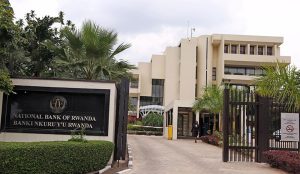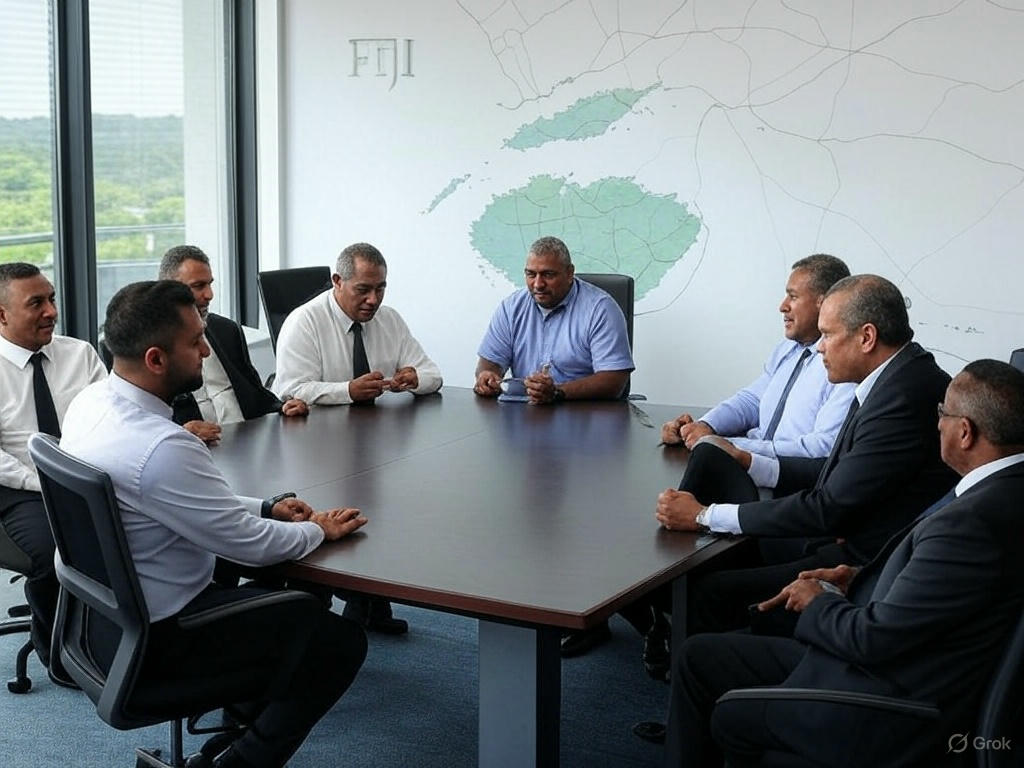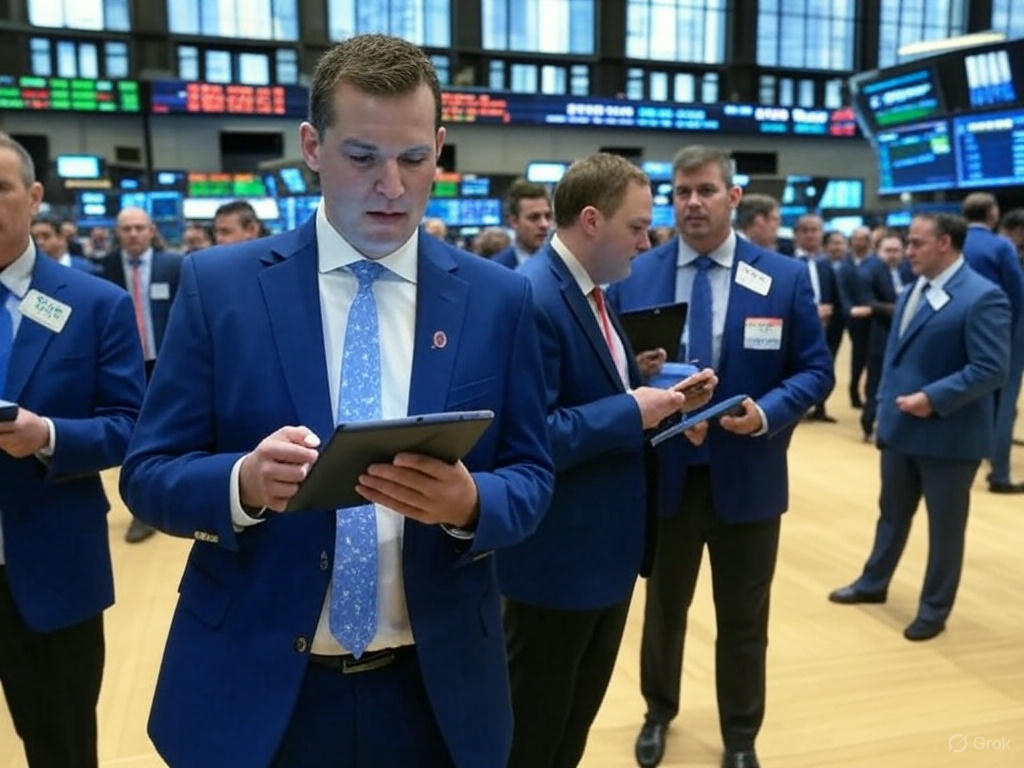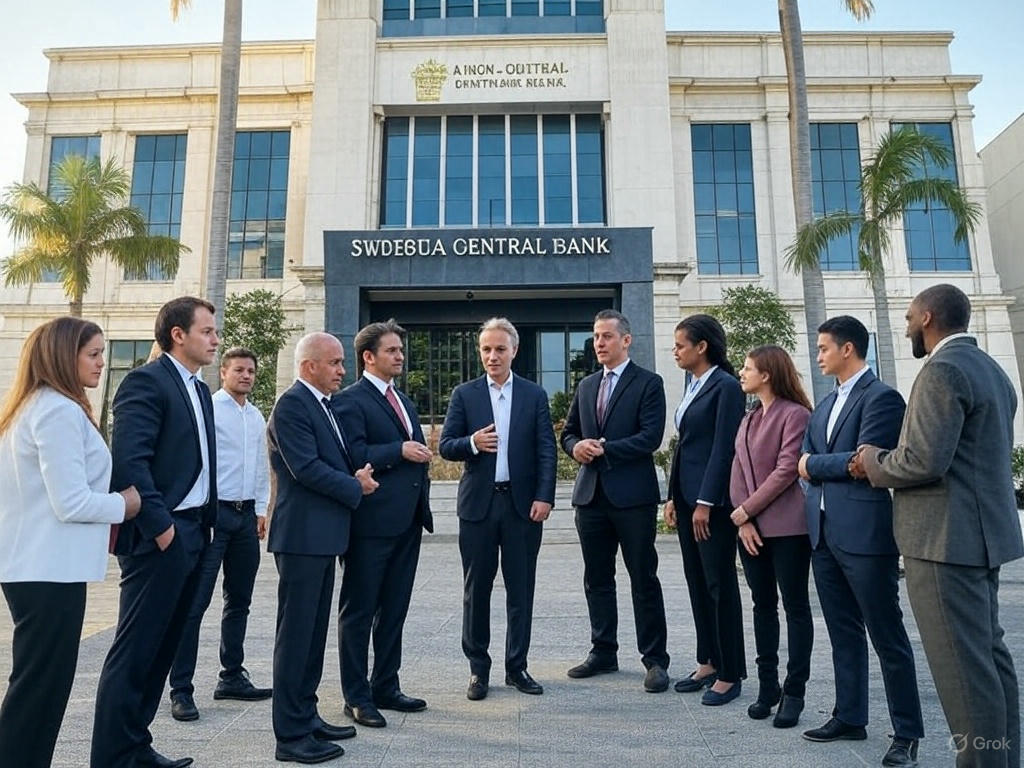The International Monetary Fund (IMF) Executive Board has concluded a series of reviews for Rwanda, unlocking approximately $181.74 million in fresh disbursements. This includes $94.23 million under the Resilience and Sustainability Facility (RSF) and $87.51 million under the Standby Credit Facility (SCF).

Rwanda’s proactive economic strategy is gaining momentum as it closes key IMF programs and considers the adoption of a central bank digital currency (CBDC). With the IMF recently concluding reviews under the Policy Coordination Instrument (PCI), Resilience and Sustainability Facility (RSF), and Standby Credit Facility (SCF), Rwanda is reaffirming its focus on fiscal stability, innovative reforms, and climate resilience. Introducing a CBDC could complement these initiatives, driving financial inclusion and enhancing economic resilience.
Strengthened Economic Foundations
Rwanda’s economy continues to grow robustly, supported by services, construction, and a rebound in agriculture. Inflation has stabilized, and international reserves are projected to remain adequate, but vulnerabilities such as a widening current account deficit persist. To address these, the IMF has emphasized fiscal consolidation and domestic revenue mobilization.
A CBDC could support these efforts by increasing transparency and efficiency in monetary transactions, particularly in rural areas where banking access remains limited. Digital currencies have the potential to reduce transaction costs and integrate underserved populations into the financial system, aligning with Rwanda’s broader digitalization goals.
Climate Resilience Meets Digital Innovation
Rwanda’s leadership in climate reforms, exemplified by the early completion of RSF measures, positions the nation as a pioneer in integrating sustainability into economic strategies. A CBDC could further these efforts by facilitating targeted financial aid for climate-related challenges and fostering green investment through transparent and efficient resource allocation.
The dual focus on climate and digital finance underscores Rwanda’s innovative approach, contrasting with riskier strategies like El Salvador’s Bitcoin adoption. By prioritizing regulatory readiness and infrastructure, Rwanda aims to mitigate risks while unlocking the benefits of digital innovation.
A Forward-Looking Strategy
As Rwanda evaluates the feasibility of a CBDC, collaboration with global partners such as the IMF and UNDP will be crucial in addressing challenges like cybersecurity, financial stability, and digital infrastructure. With its strong reform track record, the country is well-positioned to lead Sub-Saharan Africa in digital finance, setting a benchmark for sustainable and inclusive growth.
By balancing innovation with prudence, Rwanda is charting a path that integrates fiscal discipline, climate resilience, and digital transformation—a model for emerging economies worldwide.




